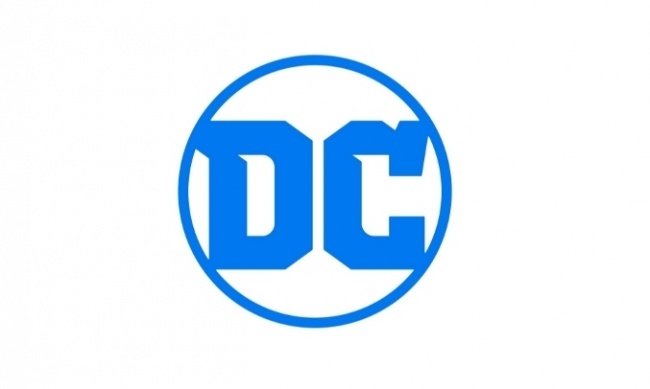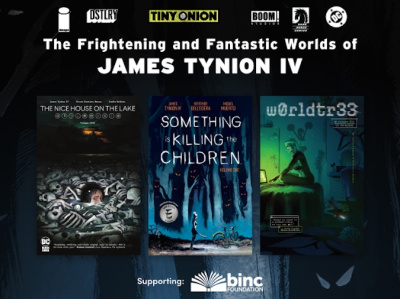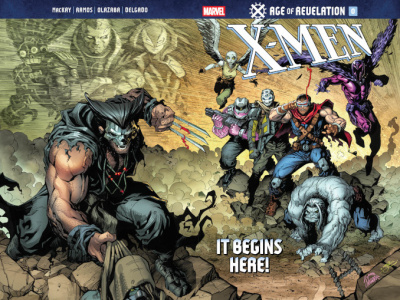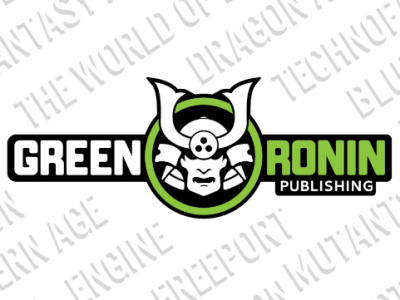Last week, DC Chief Creative Officer and Publisher Jim Lee told The Hollywood Reporter that the recent wholesale layoffs and restructuring did not signal that DC was about to get out of the comics publishing business anytime soon. Setting aside the circumstances that make the question of whether your company is going to continue publishing comics at all a reasonable and timely thing to ask the publisher, Lee’s answers to the interviewer’s questions reveal a lot about the new corporate thinking that’s about to reshape one of comics’ biggest brands.
Lee said comics are “still the cornerstone of everything that we do. The need for storytelling, updating the mythology, is vital.” He went on to say that “the organization [WarnerMedia] leans on us to share and establish the meaningful elements of the content that they need to use and incorporate for all their adaptations. When we think about reaching global audiences, and we see comics as helping drive that awareness and that international brand, it’s very much part of our future.”
Lee’s response has the virtue of making business sense in addition to sounding pleasing for fans. In a world where the mass market flocks to the latest and hottest trends, if DC were ever to actually cease publishing new material, the value of its legacy IP would immediately start to erode, notwithstanding the built-up audience and affection for the characters. But his words and his tone send a strong signal that "Things Will Be Different" from now on.
DC’s latest reboot: the company itself. It sure looks like DC is doing a major rebalancing of its strategy. Last week, I wrote about how DC and Marvel had squandered most of this century chasing after existing (and aging) hardcore superhero fans at the expense of providing onramps for young readers (see “Superhero Comics May Have Finally Met Their Kryptonite”).
They may be looking to make up for lost time and build on their recent creative and commercial successes with young reader original graphic novels. Michele Wells, who was behind that success, will be stepping into the Editor-in-Chief role alongside digital strategy head Marie Javins, replacing Bob Harras; several other OG editors were also sent packing, including Black Label’s Mark Doyle, though apparently the infrastructure of mid-level staff that keep the books moving out the door still have jobs. Could the company send a stronger message about the need to reach new audiences through new channels, even if that need comes at the expense of continuing to service hardcore fans in the direct market?
AT&T is too big to care. We also can’t discount the role that DC’s corporate parents, WarnerMedia and AT&T fit into this. At one point, the HR reporter asked Lee about the “rumor that AT&T hates comics and wants to get out of the comic business.” Lee replies, “I don’t think they want to stop us from publishing comics. Comics serve a lot of different purposes and one of them is it’s a great way to incubate ideas and creating the next great franchises. We want to continue that. Why would you want to stop that? Why would you want to stop creating great content that could be used across the greater enterprise?”
Keep in mind that Lee is speaking to the media and putting the bravest face on what has to be a tough situation for him and his team. Nevertheless, under all that icing is a pretty thin slice of cake. “I don’t think they want us to stop publishing comics.” That’s the strongest thing he can say, before making what sounds like a public plea to his bosses not to be shortsighted? Color me unencouraged.
The problem isn’t that AT&T “hates comics.” That oversimplifies things too much. AT&T hates two things: high-cost, low-return operating units, and sub-brands. DC, unfortunately, is both. It’s nothing personal; it’s just business.
As I pointed out back in 2019 as all this was starting to take shape, AT&T is the most debt-ridden corporation in the world, with over $160 billion in short and long-term debt on their books as of last quarter, a huge portion of which came in the $85 billion deal to buy Warner Bros. With activist shareholders breathing down the Board’s neck even before COVID-19, the company has to be on the lookout for any dollars that can be squeezed out.
To the extent DC’s publishing operations are profitable, they likely are not the first target. Lee knows that, which may account for the wholesale cancellation of low performing titles (see “Jim Lee: Bottom 20-25% of the DC Line was Losing Money”) in tandem with the recent shakeup. But a company in AT&T’s position just doesn’t have a lot of room to tolerate short-term losses even with medium- or long-term upside. They’ve already placed their big bet on HBO Max on the media side and 5G on the wireless services side.
AT&T also seems to have an abiding belief in brand simplification – perhaps as a result of its confusing corporate history in the telecom space. Warner Media’s tangle of sub-brands that it acquired over the years, including DC, Turner and its properties (TBS, TNT, CNN, Cartoon Network, Adult Swim), HBO, New Line Entertainment and so on, probably just look to AT&T like cost centers requiring redundant investments in marketing and operations. Squishing all those silos together was likely one of the main drivers behind the acquisition, something that the AT&T team is very much on the hook to deliver before the market turns ugly on them.
Neither of these things means AT&T necessarily wants out of the comics business. But it also means they are probably less sympathetic than, say, Disney is to the proposition that their comic publishing unit should carry on business as usual, especially when that means over-serving a shrinking audience of superfans in the Direct Market and underserving the growing market of young readers and mass market consumers. Most of the people who found that logic persuasive are now gone, replaced by a new mindset that fits the market realities of 2020. Be critical if you want, but it seems like it’s the only scenario that keeps DC in the comics business at all under its current ownership.
DC’s future: global, digital, interconnected. So where does that leave us? The Hollywood Reporter asked Lee about the future and he said, “You’ll definitely see more international content. You’re going to see more digital content. When you talk about growing our business, both physical and digital, to me the opportunities are global. That’s what we’ll be focusing on. Sometimes that takes the form of content that we take here and translate and sell in other marketplaces, but we want to partner with creatives in various territories and unlock stories that feel authentic to their marketplaces with characters that they can embrace as their own, and look for opportunities to take those characters and seed them throughout all our mythology.” He goes on to talk about using digital platforms like gaming and entertainment to bring more fans to the physical products.
Once again, this is a very reasonable thing to say because it’s true: international markets, particularly China and India, are at once more promising and less deeply invested in DC’s traditional approaches. And digital makes perfect sense to reach the rising mobile-first generation there (and here, where they’ll all be signing up for AT&T Wireless plans to get primo access to all that juicy corporate synergy).
One thing it does not sound like is DC’s approach for the last 40 years. But these days, Lee is just about the only person left in the building who would remember that.
The opinions expressed in this column are solely those of the writer, and do not necessarily reflect the views of the editorial staff of ICv2.com.
Rob Salkowitz (@robsalk) is the author of Comic-Con and the Business of Pop Culture.

Column by Rob Salkowitz
Posted by Rob Salkowitz on August 17, 2020 @ 4:24 pm CT
MORE COMICS
From Tiny Onion, Dynamite, Image, IDW
July 18, 2025
There are four Humble Bundle deals running right now, from Tiny Onion, Dynamite, Image, and IDW.
From Marvel Comics
July 18, 2025
Age of Revelation, a new status quo taking place 10 years into the future and arising out of current developments in the X-Men titles, begins in October.
MORE COLUMNS
Column by Rob Salkowitz
July 14, 2025
Superman isn't a character who needs a general introduction to the broader public; he just needs an existing global fanbase to take a fresh look.
Column by Scott Thorne
July 14, 2025
This week, columnist Scott Thorne discusses Green Ronin Publishing's GoFundMe to fund its legal fight against Diamond Comic Distributors, and the soft preorders for the latest Horus Heresy box.








